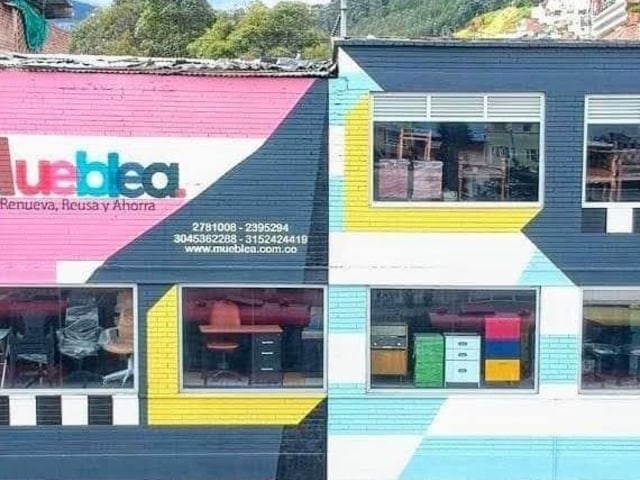
Mueblea
Welcome Mueblea in Colombia to our South America Accelerator
Today, there are many people who struggle to secure decent work and establish new skills. This often holds them back and can lead to exclusion, low self-esteem, and a lack of integration into society.
At the same time, an estimated 92 million tonnes of textiles waste are created each year—the equivalent to a rubbish truck full of clothes ending up on landfill sites every second.
With the opening of its new factory — made possible with funding from IKEA Social Entrepreneurship, together with Rabobank Foundation and DOEN Foundation — social enterprise i-did addresses both these challenges under one roof.
Its team, led by Mireille Geijsen and Michiel Dekkers, support people who have never or have not worked for a long time, for whatever reason, to get back to work. In partnership with local government, i-did employs people on a six-month or one-year basis. During this time, individuals are provided training in the art of producing acoustic interior products, bags, and accessories from recycled felt as well as work-based coaching and guidance to help get them their next job. Each year around 100 people join i-did’s programme in The Netherlands with 70% of the employees going on to get a paid job at other employers across the region.
The products made by i-did employees are all produced from felt that has been created from textile surpluses that would otherwise be incinerated or end up in a landfill. The recycled felt is made from consumer clothing or company clothing such as old uniforms from the Dutch Department of Defence, KLM, and IKEA.
